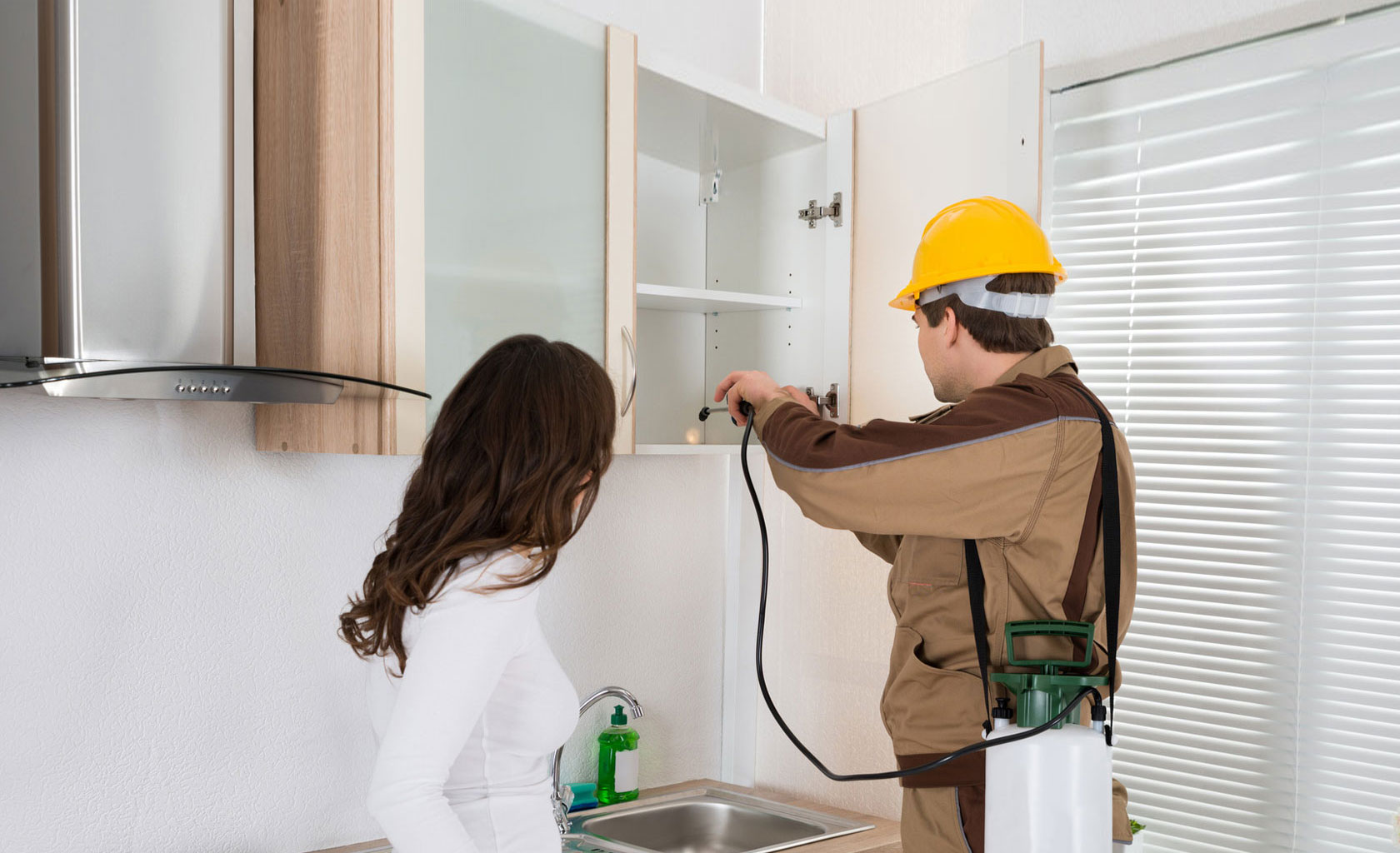As with choosing any kind of product for your business, choosing the right construction equipment can be challenging. Among many things to consider, there is harsh competition between leading manufacturers, as well as what sort of services and products are you going to offer to your clients. However, that’s just the beginning. Let’s explore the most important considerations when purchasing construction equipment and machines.
Employ a knowledgeable buyer
The first requirement is definitely to have an experienced and knowledgeable person in charge of purchasing the equipment. A buyer that doesn’t know what they’re doing can cost your company a lot. Makes sure that position in your team is filled with someone who knows the industry and has followed the latest development and technologies relevant to your field of work.
Know the specific application
Every piece of construction machinery is specifically designed for its purpose. When equipping your machine pool, you should justify every purchase by planning how and when you will be using that piece of equipment. Lay out specific project tasks, along with the equipment you need to use in every stage. A skilled contractor on the site will know how to use the existing and new equipment with maximum efficiency.

Buy from a trusted vendor
Always go the extra mile and buy from a reputable vendor. Going with a brand name in the industry is always appreciated and well-received by regular and new customers alike. When you choose a store to buy from, make sure you ask what other services and conveniences they offer, such as warranty and insurance. When choosing a vendor, it’s important to include all operating and owning expenses of the equipment, such as the cost of the replacement parts, labour, etc.
Consider equipment safety
Unfortunately, injures and accidents involving human error or lack of training are not uncommon in the construction industry. This is why your employees’ protection is of utmost importance. Even more, since most accidents could have been prevented by proper training and following safety guidelines. Apart from including an extensive user’s manual with general safety precautions, some vendors go to extra lengths. For example, every concrete laser screed bought from this company includes two days of on-site training for operators.
Are spare parts available?
The availability of spare parts is a cost to consider during the whole lifetime of your equipment. This can be ensured by choosing a standardized type of equipment, as well as going with established brands with a good support network. The shortage of spare parts sometimes accounts for long idle periods, especially with imported equipment.

Equipment size
Although larger equipment provides higher output per load, its cost of production on part load is higher than those of smaller units working on full load. Larger equipment also requires larger size matching units, while shutting down the primary unit can make other large units idle. In addition, larger units involve more challenging and costly transport, as well as servicing, maintenance and repair costs. On the other hand, larger equipment is more suitable for tough working conditions, and usually more durable.
Purchase or rent
Just as a skilled and experienced contractor will know how to make the most use of the available construction equipment to complete the job in the shortest timeframe, they’ll know when it makes more sense to rent than to purchase a piece that is costly to maintain. There’s also the consideration of dry and wet hire. Dry hire means hiring the equipment only, without the operators. This means that you have qualified personnel who know how to handle the equipment. Wet hire is costlier, since it includes operators too, but you are guaranteed that the job will be done right.
Adaptable for future use?
The equipment you select should be able to perform more than one operation and be convertible wherever possible. If the machine use is planned only for a part of its useful lifespan, you should consider disposing it through the manufacturer’s recycling program or employ it on another job.
Purchasing the right construction equipment has always have been a difficult process, but with a bit of research and the right people on board, it becomes easier. While every construction company dreams of having a few pieces of equipment that can do all the work, in reality it’s rarely possible. However, by selecting the optimal machines for your field of work and renting the ones you rarely need, you’ll cut back on unnecessary maintenance and serving expenses.






